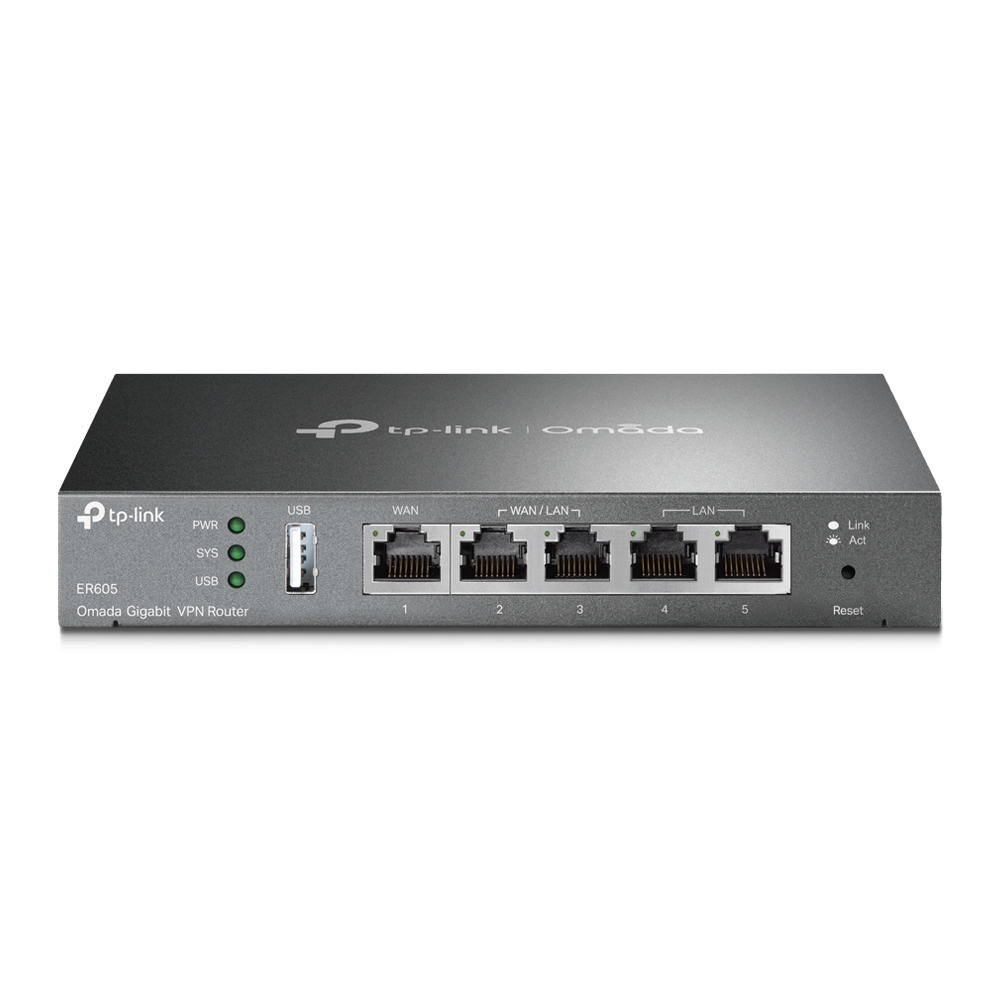RT-AC86U or RT_AX56U?
 www.asus.com
www.asus.com
 www.asus.com
www.asus.com
Also, does AX56U have better security because it's an "AX"?
RT-AC86U|WiFi Routers|ASUS USA
ASUS has a range of wireless routers suitable for every purpose. Whether it's for your home, for business trips, or for any other need or environment, there's an ASUS router for you.
 www.asus.com
www.asus.com
RT-AX56U|WiFi Routers|ASUS Global
ASUS has a range of wireless routers suitable for every purpose. Whether it's for your home, for business trips, or for any other need or environment, there's an ASUS router for you.
 www.asus.com
www.asus.com
Also, does AX56U have better security because it's an "AX"?
Last edited:



